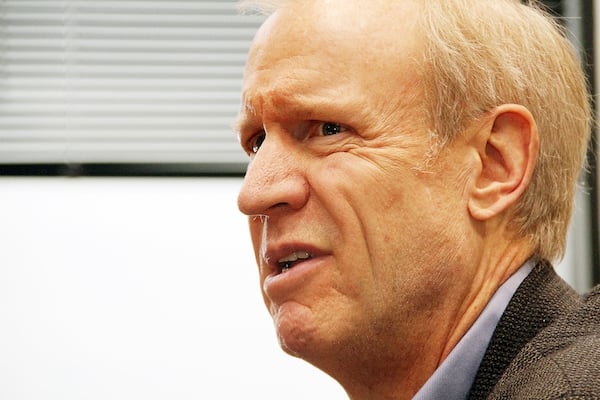
Illinois gubernatorial hopeful Bruce Rauner has long supported the adoption of a so-called “Right to Work” law in Illinois, and he has made it a central talking point of his campaign. He has recently pushed for county governments to be able to individually enact “right to work” statutes for their employees.
“Counties and municipalities, if the state allows them to, can choose for themselves whether to be right-to-work. That could be a huge boon,” Rauner was recently quoted as saying by Bloomington-based WJBC radio.
While federal law has for more than a half century allowed states to enact these laws, a county-by-county approach is a truly odd approach, especially with so many Illinois workers traveling across county lines to work. The application and enforcement of this law at a county level would create a staggering burden on local government, and there is no precedent for such an approach.
Rauner is the only candidate supporting a right-to-work law, which requires unions to represent workers who opt out of paying dues or membership fees. While some politicians and right-leaning think tanks contend that these laws create economic activity, the true aim of the legislation is to weaken unions, and it has been shown to depress wages and benefits.
Rauner is an outspoken opponent of unions and has made defeating them a goal of his administration if he is elected.
“Passing a law that weakens Illinois’ middle class will not fix our fiscal problems,” said Local 150 president-business manager James Sweeney. “For our economy to thrive, workers need to earn enough to have dispensable income. When people earn less, they spend less, which further slows the economy. Bruce Rauner is representing corporate America’s interest in beating down workers in an effort to maximize profits. This is not a responsible plan for governing a state.”

